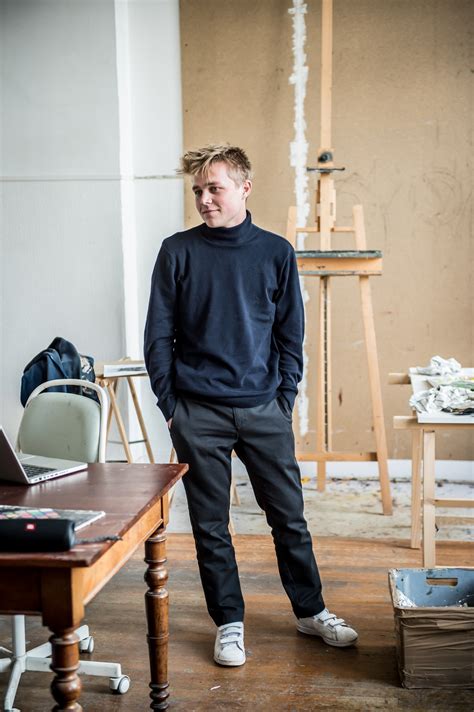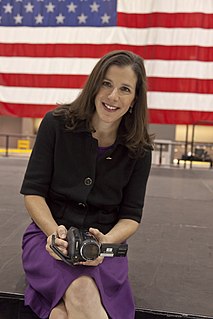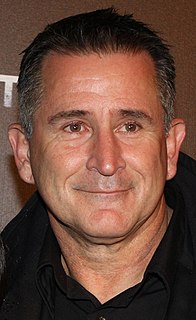A Quote by Eddy de Clercq
The Dutch have a can-do mentality, anything is possible. As long as you pay for it. It is very capitalist. Quite American in a way.
Related Quotes
I struggled in London for a very long time. 'Be prepared to struggle a lot' - it's a European mentality. The American mentality is positive and 'You can do it' and 'Everything's possible.' In Europe it's an older, more realistic way of thinking. You feel like you're having to prove that you can do it.
We got email today from an LGF reader who was browsing the Lexis research system and discovered that anti-American, anti-capitalist icon Noam Chomsky has embarrassingly capitalist tastes; among other expensive property he owns a 36,155 square foot home near Cambridge, a 13,503 square foot vacation home, and four boats. And we won't even mention the cars. Teaching kids to hate their own country seems to pay quite well.
The way we get past capitalism is by building on the healthy non-capitalist aspects of our world while we also do pitched battle with the capitalist ones that we have a fair chance of winning against. In that way we build a better world and shrink the destructive capitalist practices that are part of the social fabric.
Capitalism is very far from a perfect system, but so far we have yet to find anything that clearly does a better job of meeting human needs than a regulated capitalist economy coupled with a welfare and health care system that meets the basic needs of those who do not thrive in the capitalist economy. If we ever do find a better system, I'll be happy to call myself an anti-capitalist.
































